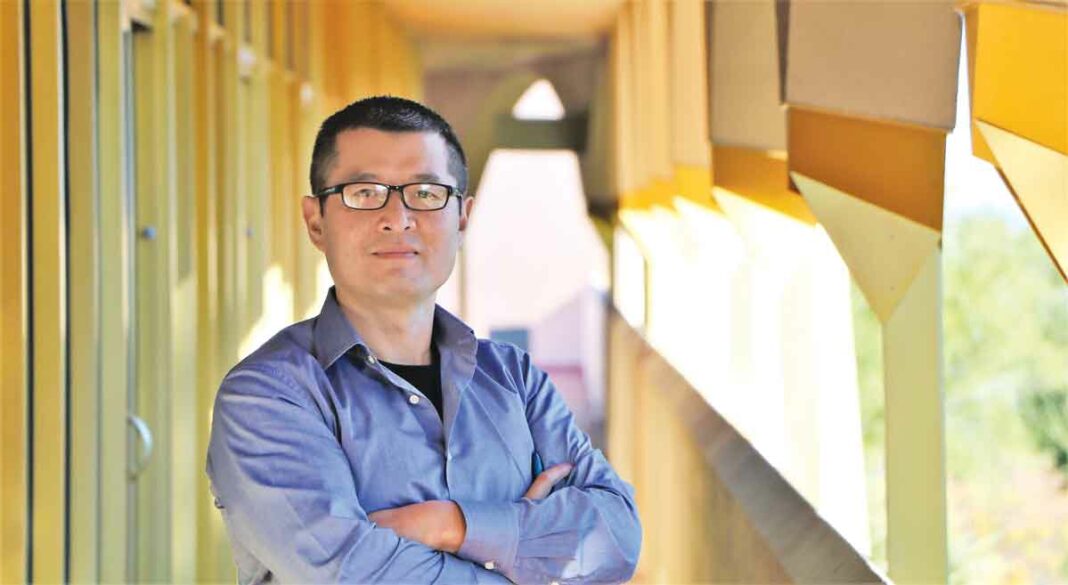A conversation with Community Development Agency director Tom Lai
Tom Lai, who has spent his entire 29-year professional career with the County of Marin, officially became the director of the Community Development Agency (CDA) last week. Lai has served as acting director since longtime director Brian Crawford’s retirement in December 2020. Among other prior achievements, Lai and his teams developed Ordinance 3639, the County’s first ordinance regulating storefront dispensaries for medicinal cannabis in 2015.
During that process, staff worked closely with a subcommittee of the Board of Supervisors to establish appropriate local controls, including buffer zones from schools, permitting processes—through a competitive, business-license type permit—and specific license number limits including the provision that there be no more than four licenses issued for the unincorporated area. To date, the county has issued only three licenses, and only one business has started operations.
“We provided maps on our website showing areas that are ‘eligible’ for siting dispensaries, then hosted meetings in those communities to solicit feedback,” Lai said, reflecting on the ordinance in a recent email interview. “While there were supporters, these community meetings elicited strong, vocal opposition. I’d say only community meetings discussing housing have generated more hostility and opposition.”
Which begs the question, why are Marin County’s cannabis programs clustered under the Community Development Agency rather than, say, public health?
“This is a good question,” Lai said. “There are different governmental structures used by counties/cities to regulate cannabis businesses, ranging from public health to law enforcement to community development [Planning]. I think because so much of the issues raised are related to land-use conflicts, the Board decided that CDA’s Planning Division would best take the lead in launching this program because of our knowledge and expertise in regulating land uses and construction.”
What’s interesting to note is that the Board of Supervisors’ regulatory authority only extends over the unincorporated areas of the county. Cities and towns have independent legal authority to regulate these businesses. This is why cities such as San Rafael can issue limited commercial cannabis licenses and not be in violation of county statutes. To that end, however, when it comes to Prop. 64, which allows brick-and-mortar cannabis businesses in California, it seems that Marin is of two minds—pro-cannabis entrepreneurs who want to launch local businesses, and those with anti-cannabis sentiments of the “not in my backyard” variety. Lai isn’t optimistic that these divergent sentiments will be easily reconciled.
“Based on the County’s experience in attempting to license up to four storefront medicinal dispensaries, I think it is difficult—if not impossible—to reconcile both,” Lai said. “I hope the success of the delivery-only model will enlighten those in the anti-cannabis camp that if properly regulated, there are certain cannabis businesses that could co-exist well in certain commercial areas in the unincorporated parts of the County.”
One of the major locational disadvantages that the County faces, Lai explained, is the limited amount of commercial or industrial areas that remain unincorporated. The areas that do exist are often near or within what are primarily residential neighborhoods.
“Not all those in the ‘anti’ camp oppose the notion of cannabis—either as medicine or for personal use—they just don’t think there are suitable areas in Marin to accommodate these businesses,” Lai said. “In some ways, because I hear anecdotally that businesses delivering into Marin are doing well, it would seem that our residents are getting the product, just from businesses delivering into the County.”
For more information regarding Marin County cannabis programs, visit https://www.marincounty.org/depts/cd/cannabis-programs






